SU Elections Q&A: VP (Student Life)
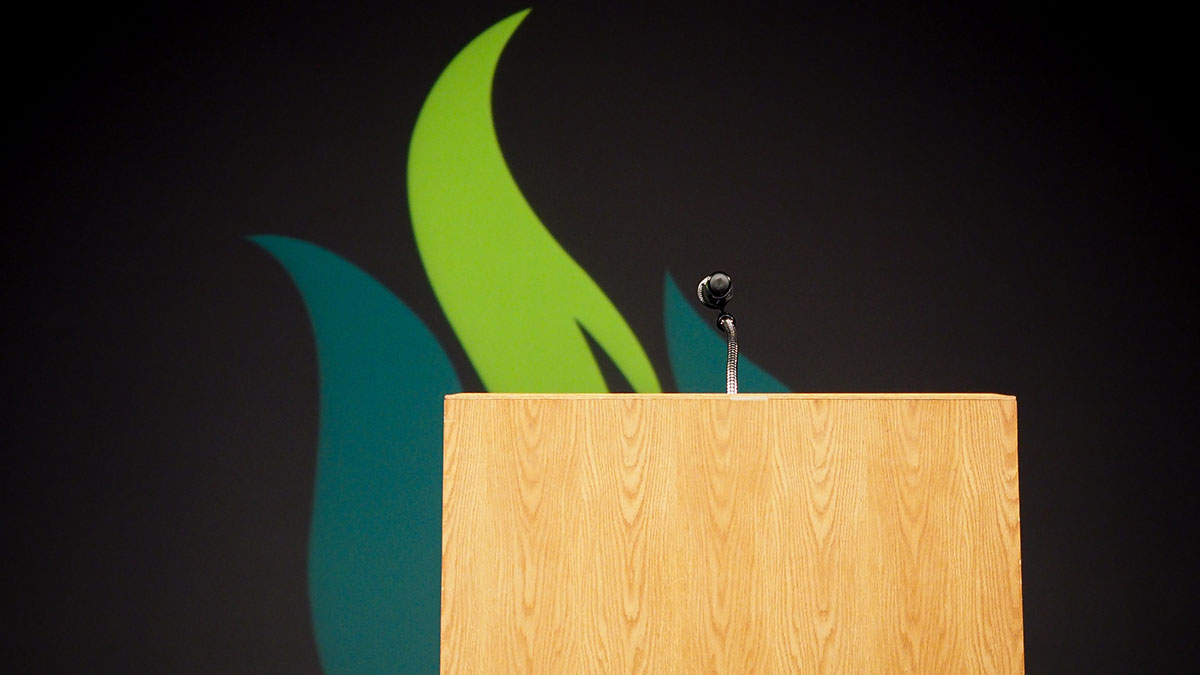 Ab Sch
Ab Sch
Francesca El Ghossein
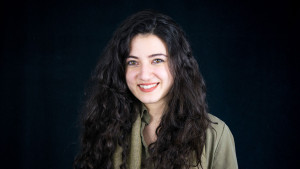
Levi Flaman
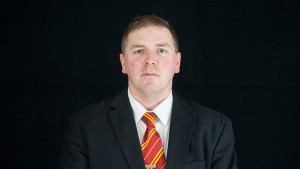
Jordan Simao
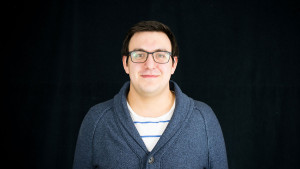
Kevin Wang
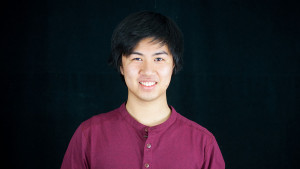
Why are you running for this position?
El Ghossein: I’m a very policy-oriented person and advocacy-oriented person because I’m passionate about justice, I am passionate about making sure student voices are heard and amplified, but I also enjoy organizing events and assisting student groups and just rendering services more effective and more efficient.
Flaman: A few reasons, the first being the U-Pass, that’s coming up for renewal this year, and I feel as though we need someone who is willing to put in the time and effort in to get the best deal for students. As someone who comes from a lower middle class background who relies more on mass transit than others, I understand the importance that we shouldn’t just take what ETS gives us, we should have a voice in getting the services that we need.
Simao: I decided to run for VP (SL) because every year around election time, I see students come out, and there’s always a lot of excitement and passion amongst candidates, but once elections are over I don’t really see the fruits of the promises during election season. I have a lot of really simple, concrete ideas that I think I can get done while in office, and I want to see if I can do this, basically. I’m pretty confident I have the ideas and the skills and knowledge to make things better at the U of A, even if it’s just a little bit.
Wang: I want to make change. I know that sounds silly and everyone wants to make changes, that’s why you’re running. But I am extremely passionate about some of the things I want to do. Especially in the realms of inclusivity and mental health. Those are things that have affected me deeply and if I did not use my passion and direct it towards something that I can benefit students in that aspect, I would have just wasted all this time.
Briefly explain your platform.
El Ghossein: The first point of my platform is making sure students have more agency over their student life. That will be done through advocating for consistent student representation at all levels of government.
Second point in that category is giving students more autonomy when it comes to student group discipline, so switching the events management portfolio from under the dean of students to under the umbrella of the SU would be another one of my priorities to ensure students have more agency in what happens to them in the non-academic sense.
The third point into the mental health category would be to reach out to the communities that don’t typically ask for help or use these services and figure out a way to come up with a more customized or personalized outreach system.
Flaman: Mobility in the U-Pass, both for the fees, I’ve heard from a few people that they don’t think that it should be mandatory, or that there should be more opt out opportunities. Also smart fare technology, the city has recently been exploring that, and if we were able to integrate that into the U-Pass instead of the sticker, it would save students a lot of time.
Security, because it hasn’t been the best on main campus and CSJ in recent years.
Community, because we have a very diverse pool of students on campus both domestic and international, and I want to get everyone together as one, so that everyone feels accepted here while they are going to the U of A.
Simao: The first main point is to advocate and build a relationship with resident services, right the wrongs that have happened there.
You won’t see anything in my platform about specifically increasing mental health funding. I think at this level of leadership — if I’m running for this position — it should be implicit that I support an increase in mental health funding, because that’s absolutely something that needs to happen.
Of course I want to increase mental health funding; it’s obvious mental health funding needs to be increased. But I think there are ways we can make the resources we have right now go a little bit further.
Lastly, I want to create, draft and pass a sexual assault policy within the Students’ Union. As a Students’ Union, we really need to be a leader on this issue, and take the university to task on the things they’re doing, and being a bigger part in the conversation. That’s something that’s really simple to do, but would have a lot of positive effects for students.
Wang: My platform is multifold, but some of the biggest points I want to highlight is one, I want to prepare new students, so I want to change how orientation is done by changing the group structure. Secondly, I want to bring back the mental health funding. Currently, it’s ending in April, and once that funding is removed, you are going to see a lot of staff go and an entire community of social workers gone. I want it to be permanent, long term, and not subject to whatever the government thinks.
There’s been a lot of concerns surrounding residence that came up this year. How do you plan on addressing the concerns of students in residence?
El Ghossein: I think there is an ideal scenario in my opinion, that would be residence associations would have the same status as faculty associations in the fact that they would only be held accountable to their constituents and the audit committee of the Students’ Union, and not to residence services.
Flaman: First, I need to meet up with all the constituents involved. I’ve never lived in residence, so I can’t speak firsthand as to the problems. I’d like to see the LHSA back in a formal form, as opposed to the advocacy group that we’ve taken on in the interim. The first this for me would be to find what the issues are, if you don’t know what the problem is, you can’t fix them.
Simao: I’m very fortunate — I have a great working relationship with senior leadership with resident services, and having served as the president of a residence association. I have my own ideas of what residents want, but it’s going to be a lot of listening to residents and hearing to what they have to say. Regardless of what they have to say, I think we’re all in agreement that residence fees can’t stop.
Wang: These problems cannot be fixed overnight, these are long term things that can’t be fixed overnight, these are long-term things that we need to negotiate with the university. What I plan to do with regards to that is to push for student representation in Lister and fee collection, if residence services won’t do it, we’ll ask the Office of the Registrar to do it, because the registrar collects fees for us already.
You have unlimited funding for one event or project for the student body. What is it, and what does it look like?
El Ghossein: I think I would organize the largest ever flash mob. I love dancing, I love music, I think dancing brings people together, and the image I get is a big, colourful flash mob, and that’s the first thing that came through my mind.
Flaman: I’d like to have something similar to Heritage Days on campus. We do have it earlier in the summer, but its not in the academic year, so people miss out on it. By having it during Week of Welcome or International Week, and having it set up in quad or Butterdome or anywhere that is really feasible.
Simao: I think something that I really appreciate is when an entire university population can get behind something. We will break two world records — not one, but two world records. We’ll start off the day by having the world’s largest dodgeball game — once again, we’ll bring that record back to the U of A, where it belongs — and afterwards, one idea I toyed around with in my platform before I did my research was hosting the world’s biggest lip-dub. We’ll bring in Taylor, we’ll bring in Kanye, they can settle their beef. We can bring in Meek Mill and we can bring in Drake, because they got to make amends there.
Wang: You caught me by surprise. I would like to see all the services to expand their services for all students’ needs. A lot of services are overloaded right now. Clinical Counselling, for example, they’re fully booked. Community social workers are fully booked. Even the university clinic could fund more individuals to lower their wait times. I would give as much funding as possible to the student clubs, because they cater best to student to the diversity of the student body.




